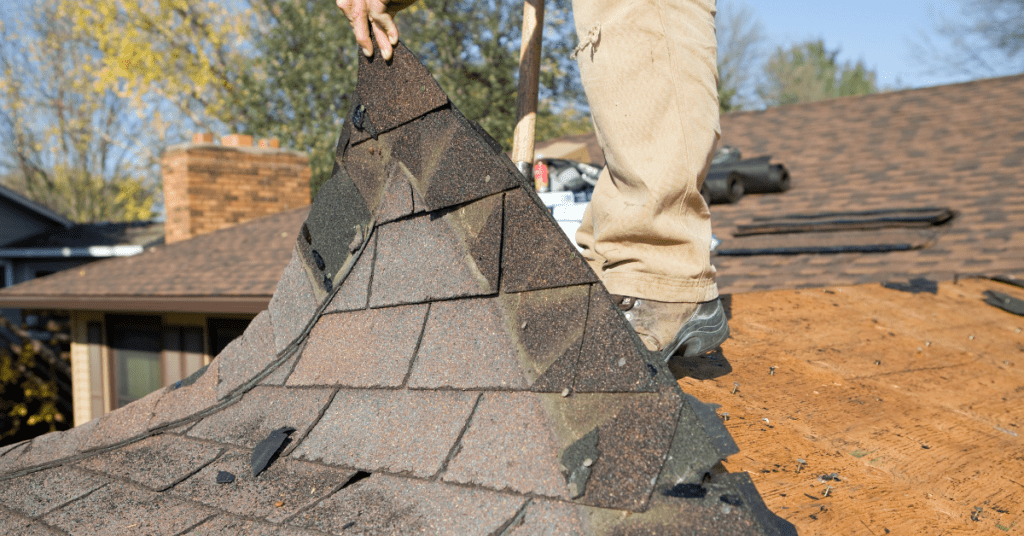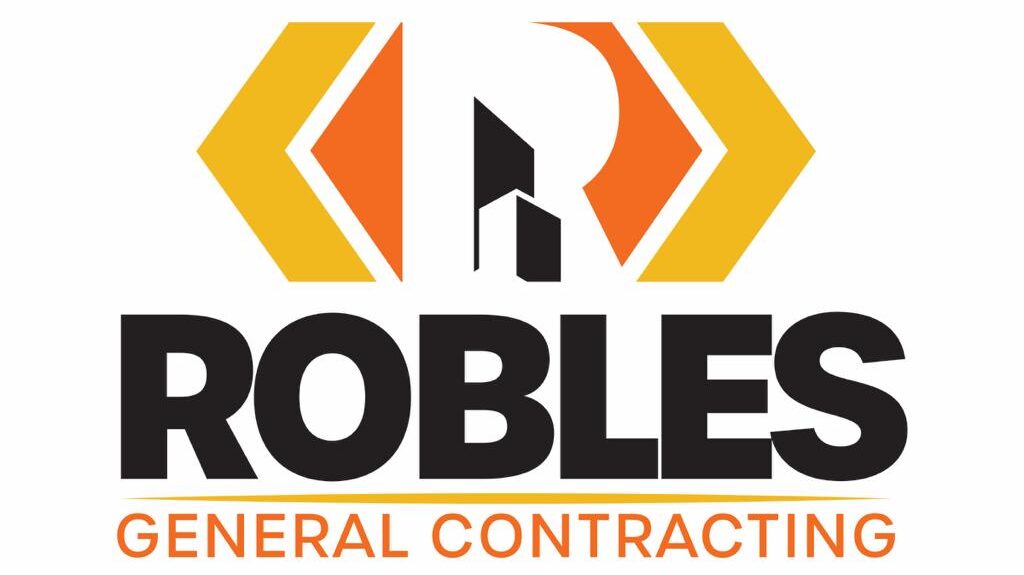When Is It Time To Replace My Roof?

Intro
If your roof is showing signs of wear and tear, it may be time to replace it. If you’re unsure whether you need a new roof or not, here’s some information that can help. Keep reading to learn more about this common home improvement project and how to know when it’s needed.
1. Signs of damage
One clear sign that your roof needs replacing is if you see any noticeable damage on it, such as missing shingles or visible mold growth on the roof decking. Other warning signs include leaks, cracks in the structure of the house near the top of the house, large amounts of moss growing on the surface of the roof, or raised areas in the shingles or roof decking.
Damage from extreme weather conditions
If your home has been exposed to severe storms, floods, hurricanes, wildfires, or intense heat and cold for an extended period of time, your roof may be more vulnerable to damage. This is especially true if you don’t have a quality roof that can withstand harsh weather conditions without succumbing to leaks or other problems.
Age of the roof
The average lifespan of a typical asphalt shingle roof is 15-20 years, so if your roof is older than this and showing signs of wear and tear, it’s definitely time to consider replacing it. Keep in mind that the age of your roof isn’t the only factor to consider – your roof may need replacing even if it’s relatively new, depending on the quality of materials used and how well it was installed.
What Can Happen If I Wait Too Long To Replace My Roof?
One of the biggest risks of delaying your roof replacement is that you may end up with leaks and other moisture damage, which can lead to a number of potential problems. For example, water leaks in basements or crawlspaces can cause mold growth or weaken the structure of your home over time. In addition, if there are any electrical systems in this area, they could suffer from water damage as well. As such, replacing an old or damaged roof should be considered a high priority if you want to avoid these issues.
How Does Getting A New Roof Affect The Value Of My House?
If you’re thinking of selling your home in the near future, it can actually increase its value. Since a new roof helps to protect your home and keep it in better overall condition – not to mention improving curb appeal with a newer look or style – this is one improvement that can generally lead to a higher resale value for your home.
Cost Of Replacement vs Repairs
Another thing to consider when deciding whether or not you need a new roof is the cost of having it replaced compared to simply repairing any damage that may be present on the existing roof. Although repairs may seem like an easier, more affordable option at first glance, if you have major issues such as missing shingles or sagging areas in the roof decking, you may end up spending more money on multiple repairs over a shorter period of time as opposed to replacing the entire roof once with better quality materials.
Insurance Claims For Damage
If your home has recently been damaged by an extreme weather event that caused significant roof damage, filing an insurance claim can be a good option to consider in order to get your roof replaced without having to pay out of pocket for repairs yourself. Contact your insurance company to find out how much (if any) of the costs they are willing to cover and what their requirements are in terms of getting a new roof installed following such damage. Then use this information when comparing estimates from different contractors so that you can make the best decision possible based on your unique situation.
Overall, there are many signs you can look for to determine whether or not you need a new roof. Some of the most common ones include missing shingles or visible mold growth on the roof decking, extreme weather conditions such as storms, wildfires, floods, etc., and age of your roof if it’s reaching or exceeded its lifespan. In addition, if your home has experienced any water damage due to leaks in the roof area and is at risk of further damage from this problem over time, a replacement may be warranted as well. Keep these factors in mind when deciding whether or not you should get a new roof installed on your home so that you can make an informed decision that works best for both your budget and your needs.
Conclusion
Whether you decide to replace your roof yourself or hire a professional contractor, this home improvement project can be time-consuming and costly. However, by taking the proper precautions, doing your research, and being prepared for any unexpected issues that might arise along the way, you can ensure that your roof replacement is completed safely and successfully.
